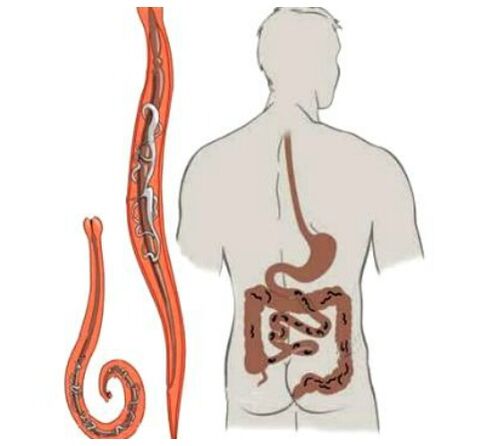Austria (en)

- Österreich

- Great Britain

- Deutschland

- España

- Italia

- 中国

- Malaysia

- Portugal

- Россия

- France

- България

- Belgique

- Magyarország

- Ελλάδα

- საქართველო

- Indonesia

- Éireann

- ប្រទេសកម្ពុជា

- Κύπρος

- Кыргызстан

- Latvija

- Lietuva

- Lëtzebuerg

- Nederland

- الإمارات العربية المتحدة

- Polska

- Հայաստան

- Қазақстан

- Точикистон

- O'zbekiston

- România

- 新加坡

- Slovensko

- Slovenija

- ประเทศไทย

- 台湾

- Pilipinas

- Hrvatska

- Schweiz

- Eesti

- البحرين

- الكويت

- سلطنة عمان

- USA

- Colombia

- Česká republika

- Chile

- México



